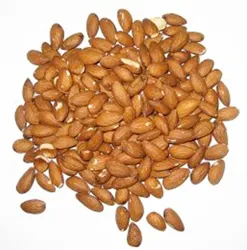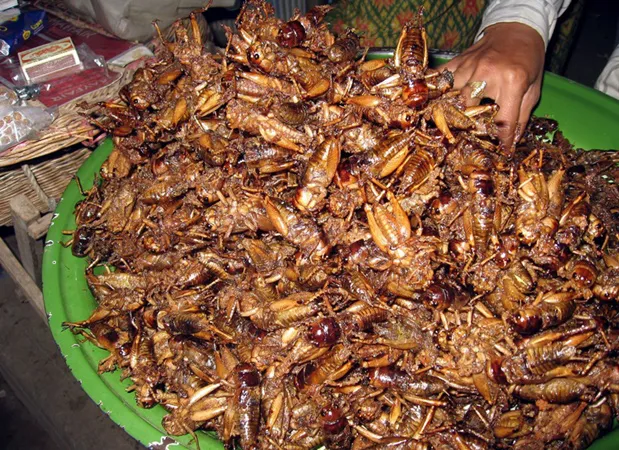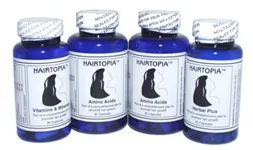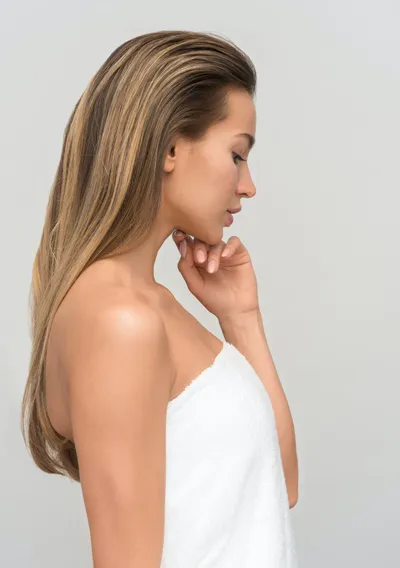Introduction Lately diet soda and related soft drinks have been generating a lot of buzz and debate over whether or not it will make you fat. Scientists at Purdue University in Indiana discovered that rats who were fed a diet consisting of artificially sweetened liquids ate more than rats fed a diet of natural high calorie sweeteners. Is Manganese Toxic? One thing I have learned over the years in studying vitamins, minerals, herbs and nutrients is that everyone from doctors to consumers have their own opinions. For every "scientific study" finding favor or fault with a wide range of ingredients is the opposite opinion. Some experts may claim that manganese can be toxic when taken as excessively high levels. Is this true or false? Again the answer is that "it all depends". The toxicity of Manganese is highly dependent on how a person is exposed to it. While Manganese toxicity may potentially occur due to ingestion, as most medical studies and cases report, it is only in extremely huge quantities, much greater than those in the recommended daily dose of the majority of vitamin supplements currently on the market. This is true also of the HairBoutique.com HairTopia vitamins. Some sources may claim that 10 or 20 mg of Manganese will adversely affect an individual’s health. However, these naysayers are quickly proven to be suspect when a quick search on Goggle.com reveals that there are also sources that recommend up to 30-60 mg of Manganese be taken daily. The fact is that there are currently no ingestion regulations for Manganese by the EPA, FDA, or OSHA and that there are very few accidental incidents ever reported that can be linked directly to Manganese ingestion. It should be noted that the primary risk of Manganese toxicity is actually in the form of inhalation and not ingestion. Manganese has also been found to affect some children adversely in large amounts (over 60 mg per day), but many experts recommend that children not be allowed to take ingredients designed for adults.. Manganese Toxicity Symptoms Almost all reported cases of manganese toxicity are found in industrial workers who are exposed to high levels of manganese dust. These workers may developed nervous system problems over an extended period of time. Symptoms of manganese toxicity do not normally appear even at the very highest levels of dietary intake. In severe and unusual cases, again linked to manganese dust inhalation and not ingestion, manganese toxicity can lead to excessive irritability and in some remote cases, hallucinations. Humans with a healthy liver generally have no problem with toxic manganese issues since the lives plays a very important role in eliminating excess manganese easily and swiftly from the body. In 2000 the Institute of Medicine at the National Academy of Sciences established the following Tolerable Upper Intake Levels (UL) for manganese: - Infants: not established (no supplemental manganese should be given)
- 1-3 years: 2 milligrams
- 4-8 years: 3 milligrams
- 9-13 years: 6 milligrams
- 14-18 years, including pregnant and lactating women: 9 milligrams
- Greater than 19 years, including pregnant and lactating women: 11 milligrams
These levels have been in question by other experts who have proposed that the human body can ingest and process much higher levels of manganese with not problem. What factors might contribute to a deficiency of manganese? Poor dietary intake of manganese appears to be the most common cause of manganese deficiency. However, other factors can contribute to a need for more manganese. Like zinc, manganese is a mineral that can be excreted in significant amounts through sweat, and individuals who go through periods of excessive sweating may be at increased risk for manganese deficiency. Proper formation of bile in the liver, and proper circulation of bile through the body are also required for manganese transport. As a result, individuals with chronic liver or gallbladder disorders may need more dietary manganese. What medications affect manganese? Oral contraceptives (birth control pills) and antacids (for example, Tums) may interfere with manganese absorption. Forms of manganese found in dietary supplements? As a dietary supplement, manganese is found in complex with sulfate, chloride, picolinate, gluconate, and amino acids. There is insufficient research on delivery forms to establish a clear preference for one form over another. Most high-quality supplement manufacturers use a form of manganese where this mineral has been hooked together (chelated) with an organic acid like gluconic acid or an amino acid like glycine or arginine. Foods That Contain Manganese Naturally occurring manganese can be found in the following foods: 1. Mustard Greens 2. Kale 3. Chard 4. Raspberries 5. Pineapple 6. Romaine Lettuce 7. Spinach 8. Collard Greens 9. Turnip Greens 10. Maple Syrup 11. Molasses 12. Garlic 13. Grapes 14. Summer squash 15. Strawberries 16. Oats 17. Green beans 18. Brown rice 19. Garbonzo beans 20. Ground Cloves 21. Cinnamon 22. Thyme 23. Peppermint 24. Turmeric 25. Leeks 26. Tofu 27. Brocolli 28. Beets 29. Whole Wheat 30. Spelt 31. Tempeh. Other good sources of naturally occurring mangenese include cucumber, peanuts, millet, barley, figs, bananas, kiwifruit, carrots and black beans. How Do Other Nutrients Interact With Manganese? High ingestion of magnesium, calcium, phosphorous, iron, copper and zinc may inhibit the absorption of manganese. Prevention And/Or Treatment Of Medical Conditions Manganese may play a role in the prevention and/or treatment of the following medical conditions: - Allergies
- Asthma
- Diabetes
- Epilepsy
- Heart disease
- Learning disabilities
- Multiple sclerosis
- Myasthenia gravis
- Osteoporosis
- Premenstrual syndrome
- Rheumatoid arthritis
- Schizophrenics
- Sprains and strains
Summary Whether you suspect that your consumption of diet drinks is causing hair shedding or not, don't take what I say as the final word. Always take the time to do your research and come to an informed opinion about your own body, health and hair. To talk more about hair loss or other hair related information be sure to visit the HairBoutique.com HairTalk forum dedicated to hair loss. References http://www.whfoods.com/genpage.php?tname=nutrient&dbid=77#toxicitysymptoms - Aschner M. Manganese: brain transport and emerging research needs. Environ Health Perspect 2000 Jun;108 Suppl 3:429-32. PMID:15720.
- Baquer NZ, Sinclair M, Kunjara S et al. Regulation of glucose utilization and lipogenesis in adipose tissue of diabetic and fat fed animals: Effects of insulin and manganese. J Biosci 2003 Mar;28(2):215-21 2003.
- Crowley JD, Traynor DA, Weatherburn DC. Enzymes and proteins containing manganese: an overview. Met Ions Biol Syst 2000;37:209-78. PMID:15760.
- Groff JL, Gropper SS, Hunt SM. Advanced Nutrition and Human Metabolism. West Publishing Company, New York, 1995.
- Institute of Medicine. Dietary Reference Intakes for Vitamin A, Vitamin K, Arsenic, Boron, Chromium, Copper, Iodine, Iron, Manganese, Molybdenum, Nickel, Silicon, Vanadium, and Zinc. National Academy Press: Washington DC, 2001.
- Keen CL, Ensunsa JL, Clegg MS. Manganese metabolism in animals and humans including the toxicity of manganese. Met Ions Biol Syst 2000;37:89-121. PMID:15770.
- Lininger SW, et al. A-Z guide to drug-herb-vitamin interactions. Prima Health, Rocklin, CA, 2000.
- Yoder DW, Hwang J, Penner-Hahn JE. Manganese catalases. Met Ions Biol Syst 2000;37:527-57. PMID:15740.
|
















